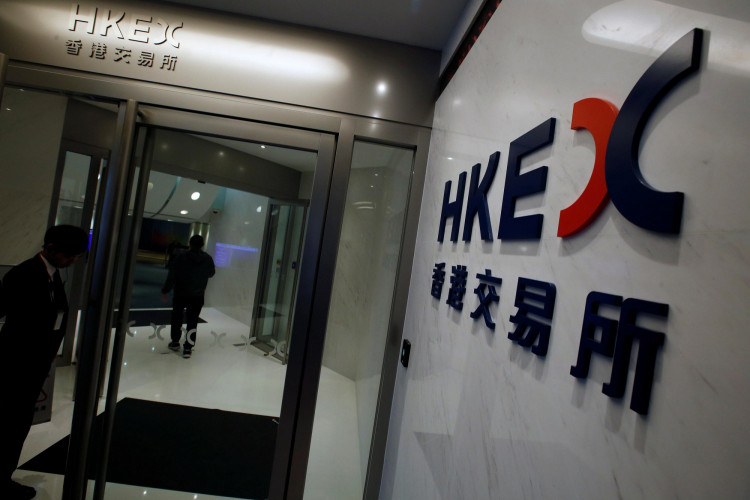Reuters - Asia stock markets rose Wednesday in spite of a weaker finish in the U.S. after President Donald Trump broke off economic stimulus negotiations.
Trump canceled talks with Democrats in a tweet saying negotiations will stop until after the election when he promises a bill.
That sent Wall Street down and safe-have assets like the dollar and bonds higher. Participants in Asia, however, didn't worry and believe stimulus will be delayed rather than derailed.
MSCI's broadest index of Asia-Pacific shares outside Japan rose 0.2% led by a 0.8% gain in Australia where a budget lifted stock prices.
Broad gains in Hong Kong lifted the Hang Seng 0.7% while Japan's Nikkei fell 0.2%.
S&P 500 futures were generally even and found some support from Trump's promise. Oil prices fell and the strong dollar squashed gold to a one-week low.
"There are a couple of ways we still get stimulus, but none of them occur before the election now," said ING's chief economist in Asia, Rob Carnell. "One way or another we're going to get some stimulus; it's just we're not going to get it now - so we'll tread water for a bit."
China's stock, bond and currency markets are closed for holidays until Oct. 9.
In data overnight U.S. hiring slowed and Tuesday U.S. Federal Reserve chairperson Jerome Powell warned of the risks if authorities did too little to support the economic rebound. "The risks of overdoing it seem, for now, to be smaller," Powell said. "Even if policy actions ultimately prove to be greater than needed, they will not go to waste."
U.S. markets, which have rallied for a few weeks on hopes of a breakthrough in stimulus talks faded Tuesday. The Dow fell 1.3%, the S&P 500 dropped 1.4% and the Nasdaq fell 1.6%.
The yield on benchmark 10-year U.S. government debt fell two basis points to 0.7403%.
Currency traders also bought back dollars, pushing the dollar index to its highest since late last week.
Investors are watching for clues as to how Fed members are thinking about the central bank's new and more accommodative approach to inflation and what they might do to boost it. "We think the risks lie more in the extent of disagreement within the FOMC than on any potential dovish surprise," said Standard Chartered Bank's head of FX research, Steve Englander.
A larger-than-expected buildup in U.S. crude stocks had West Texas Intermediate futures down about 2% to $39.91 a barrel. Brent crude futures fell 1.5% to $42.01 a barrel.
Spot gold was steady at $1,879 an ounce.





